As if the poor Egyptians didn’t have enough on their plate, into the arena marches the man to sort it all out, the world’s ‘Middle East Envoy’, Tony Blair. Lucky world. Give the man his due, the Middle East is a monumentally fractious, fissiparous, disputatious neck of the woods and they all seem to hate each other. But mention the name ‘Blair’ and suddenly Maronite and Shia, Ashkenazi and Hamas, Druze and Sunni, men with long sideburns and men with long beards are united in an hysterical cackling. It is not often this column seeks an elucidatory comment from the Hamas spokesman Mohammed Shtayyeh, but his succinct verdict on Blair — ‘useless, useless, useless’ — would, I suspect, find accord at all points from Essaouira to Kabul.
Tony has been divesting himself of opinions about both Syria and Egypt. On the vexed question of Syria, he said that we had to intervene, because not to intervene is a decision just like intervening is a decision, a philosophical point which he clearly believes has eluded the rest of us. He seemed mildly surprised that the Syrian civil war had occasioned even more deaths than the war he and George kicked off in Iraq — and this, it seemed, was one justification for prolonging the conflict by doling out weapons to the jihadi rebels. His logic seemed to me demented.
We should take the side of the rebels because other people are intervening on the side of Assad, seemed to be another inference. I don’t understand how this makes the remotest sense. Does he think that if we hamper Assad and help the rebels fewer people will be killed? I would have thought precisely the reverse. He did not address the question of whether or not the rebels were decent, fair-minded democrats. The ‘intervention’ in Iraq seemed to have been predicated on the liberal evangelistic belief that given the opportunity, everybody would turn out to be sort of New Labour in their thinking, wishing for nothing more than a polite secular democracy. This was, I think we would all agree, a mistaken belief.
On Egypt, Tone was still more bizarre. Having, one supposes, supported the overthrow of Hosni Mubarak as an expression of people power and liberty, Tone now thinks it was correct of the military to stage a coup to remove the democratically elected President Morsi and his legions of bearded maniacs from the government of the country. His rationale for this apparent volte-face is that lots of people turned out to demonstrate against Morsi. Large-scale public demonstrations never seemed to make much of an impression on Blair during the time he was in office; I suspect he would have cavilled if, following the anti-Iraq war protests in Trafalgar Square, the army had locked him up in the tower and installed Clare Short in his place. More to the point, if the protests against Morsi justified his removal, why do the even larger protests at his incarceration not justify his reinstallation? This question he did not address.
The thing is, for a liberal evangelist, Tony Blair’s commitment to democracy is a terribly thin and tenuous thing. If people vote the wrong way — as they did in the first Palestinian elections when, as most sane people predicted, the public went for Hamas over Al Fatah — Tony enjoins them to have another vote and see if they can get it right this time.
Still, at least on the subject of Egypt, Tony Blair is not alone in his floundering and lack of logic; it has afflicted our current government too. I am no Middle East expert, far from it. But it seemed to me, as I watched the protests in Tahrir Square two years ago and the ultimate defenestration of Mubarak during that tumultuous ‘Arab Spring’, that Egypt would end up with precisely the sort of government it eventually got with President Morsi: medieval in countenance, backward, vindictive and even more illiberal than the one it replaced. That is the sort of government the majority of the people wanted. I suspect that if there was a free vote tomorrow in Syria, it would be the sort of government which they would choose too, just as the Palestinians chose Hamas.
These people have different hopes and aspirations to the ones most of us share over here. The people over here who share those sorts of aspirations we try very hard to kick out of the country, or we make their organisations illegal. And so the question is straightforward in the end. If we do not like the sorts of governments which result from these popular uprisings — both because we disagree with their attitudes towards anyone who isn’t precisely like them, and because in the end they make the world a slightly less congenial and safe place to live — then we should be honest enough not to support those uprisings in the first place, and laugh uproariously at anyone who says ‘Arm the rebels!’ If, however, we believe that the only thing which really matters is democracy and the will of the people, then we should be demanding right now for intervention in Egypt to restore Morsi and the Muslim Brotherhood to the office to which they were democratically elected. But you cannot have it both ways, despite what Tony Blair seems to think.
Got something to add? Join the discussion and comment below.
Get 10 issues for just $10
Subscribe to The Spectator Australia today for the next 10 magazine issues, plus full online access, for just $10.
You might disagree with half of it, but you’ll enjoy reading all of it. Try your first month for free, then just $2 a week for the remainder of your first year.


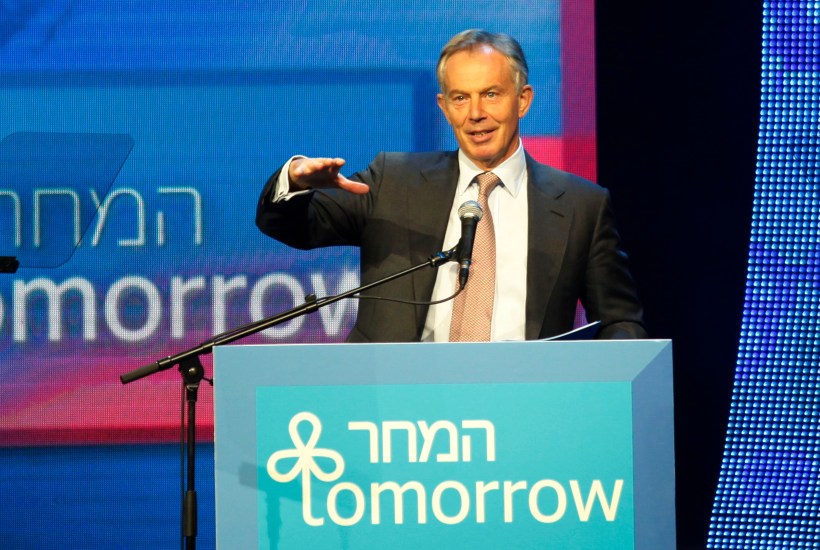
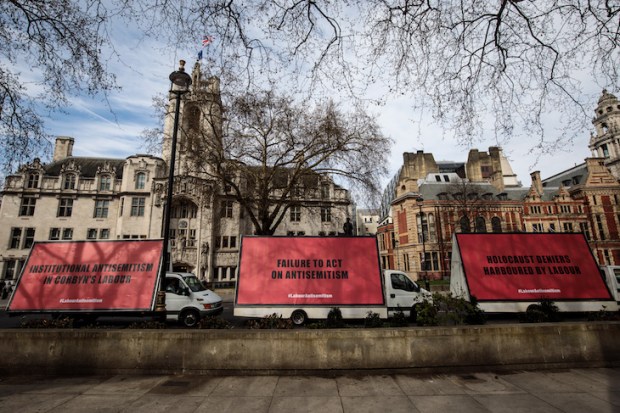

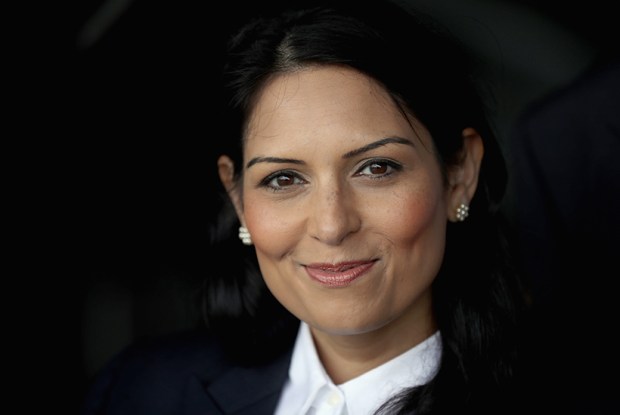
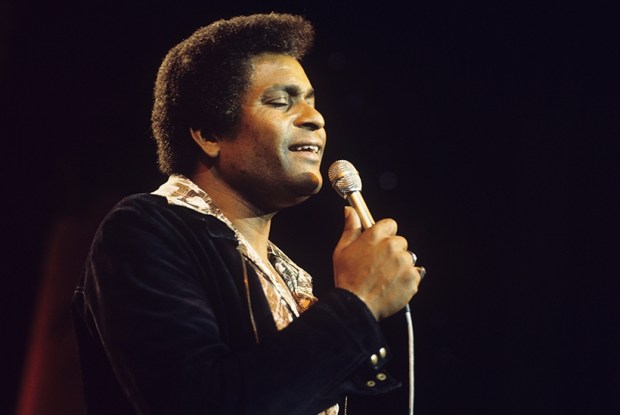
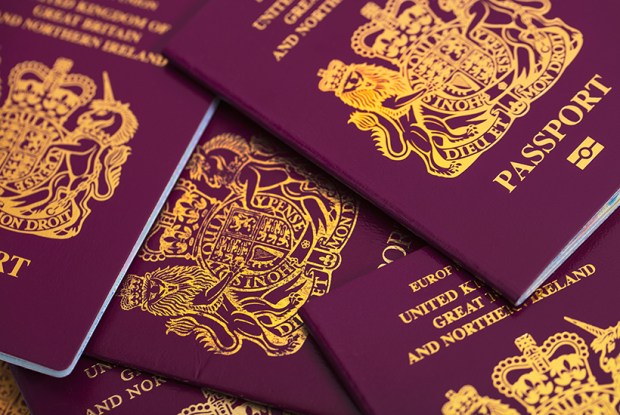
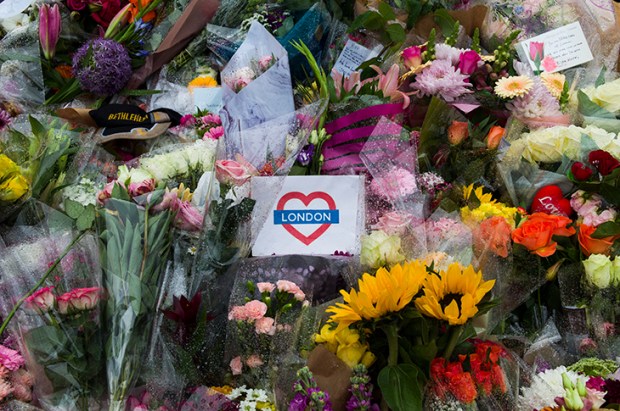






Comments
Don't miss out
Join the conversation with other Spectator Australia readers. Subscribe to leave a comment.
SUBSCRIBEAlready a subscriber? Log in